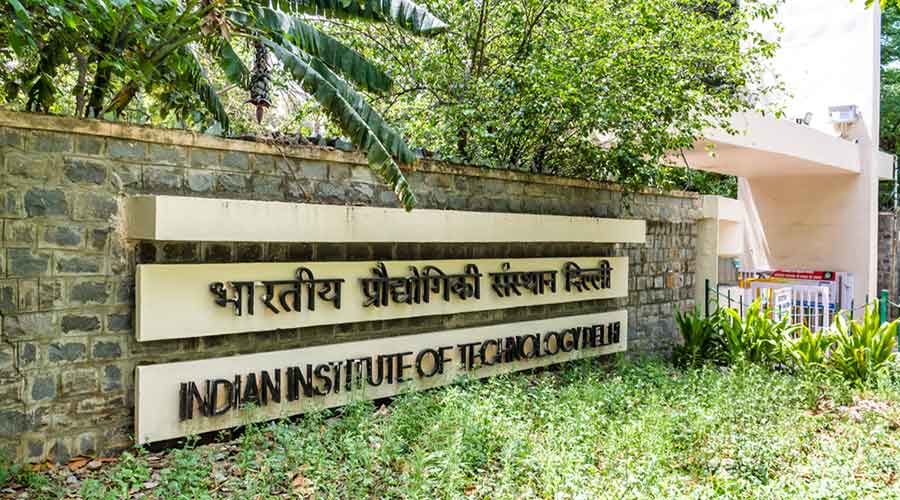The government has prevented central educational institutions, including the IITs, from printing calendars and diaries citing the need for austerity measures and instructed them to use those brought out by the Centre this year, triggering allegations of interference and peddling of propaganda.
Calendars and diaries, particularly the former, are used by educational institutions to showcase their achievements, recognitions received and the infrastructure facilities of repute, and also convey through pictures and text the essence of the institute in a nutshell.
The government on Friday released a digital calendar and diary carrying pictures and information on various government schemes and programmes.
Sections of academics described the move as yet another instance of the Centre’s meddling in the functioning of autonomous institutions and also an attempt to propagate government schemes instead of allowing the educational outfits to display their own individuality.
No institution has officially opposed the instructions of the education ministry and the University Grants Commission. Most institutions are planning to ask their faculty and other staff to follow the central government’s digital calendar, launched by information and broadcasting minister Prakash Javadekar.
At least half a dozen administrative officials from IITs and central universities told The Telegraph that they were feeling handicapped by the lack of their own calendars and diaries.
“We gift our calendars and diaries to visiting dignitaries who come to deliver talks or attend programmes. Now we have nothing of our own to gift,” the vice-chancellor of a central university said.
“The calendars and diaries are used to showcase our achievements and strengths through pictures and descriptions. They are a short presentation on the institute,” the vice-chancellor added.
The academics said the printing cost was just a fraction of the funds they receive from the government. They said the institutions incurred a cost of around Rs 1 lakh to print calendars and diaries, while each institution receives over Rs 100 crore a year for maintenance of facilities and paying salary and pension to faculty and other staff.
The vice-chancellor highlighted the farcical situation through a story.
“It goes like this. Some people were carrying the body of a man to the cremation ground. They found it heavy. They discussed among themselves and decided to remove the hair from the body to make it lighter. That is what the government is doing in the name of austerity,” he said.
Although a handful of institutions have gone ahead and brought out their own digital calendars, the vice-chancellor said his institution had not “since a digital calendar does not have the same impact as a physical calendar”.
The Centre had earlier in 2018 and 2019 directed five central universities, including Visva-Bharati in Santiniketan and Delhi University (DU), to close down their presses, saying printing was not a core activity of an educational institution.
Delhi University Press, which was started in 1961 and was self-sufficient financially, stopped work in August 2019. It used to print the prospectus, annual reports, calendars, diaries, application forms and letterheads. Last year, the university got these materials published from outside.
DU Executive Council member Rajesh Jha said closing down printing presses, giving directions on research themes, asking institutions to set up walls on martyrs and advising them to observe “Surgical Strike Day” were part of a series of government measures that interfered with the matters of autonomous institutions. The direction to stop printing calendars and diaries is the latest addition, he said.
“Now that the government has stopped the institutions from printing calendars, many will follow the central government calendar. The government is not only interfering in university affairs but also using them for publicity of its schemes through its calendar. This is centralised propaganda,” Jha said.
UGC secretary Rajnish Jain said the universities were free to prepare their own digital calendars.
The government calendar, available for free in 11 languages, is part of an app that also has a digital diary. The calendar has the picture of a famous personality for each month and provides information on government schemes. The app also provides a timeline of various government programmes.
The personalities highlighted for the months of February and March are Rabindranath Tagore and Swami Vivekananda, respectively. The theme for February is farmers’ welfare.










